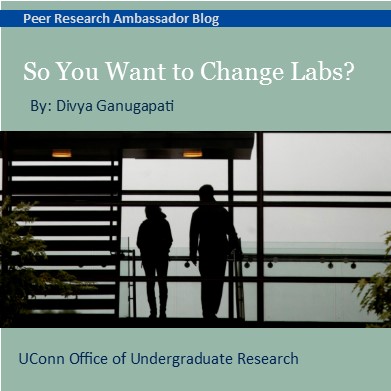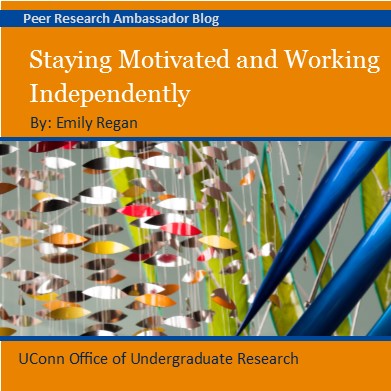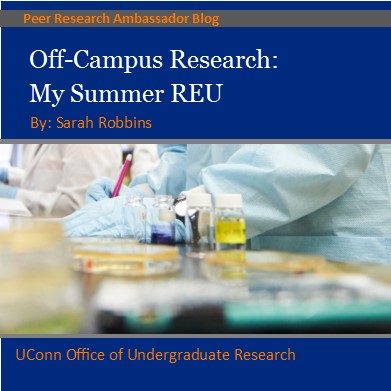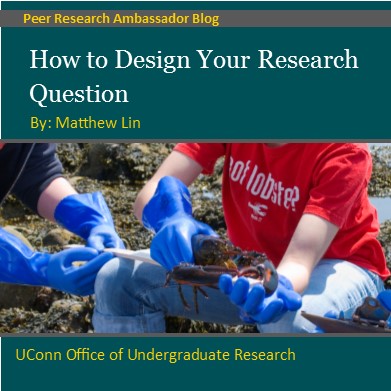By: Divya Ganugapati, OUR Peer Research Ambassador
“Every project is a race between your enthusiasm and your ability to get it done. Go fast. Don’t slow down. A year from now, new things will interest you” – Jill Soloway
One of the first things anyone told me on my first day at the Language and Brain (LAB) Laboratory was to make sure to not constrict the breadth of my research experience and involvement by staying in the same lab for four years. My immediate thought was “Why would anyone want to change?” After being a research assistant in the LAB Lab for close to three years, it has become more and more apparent as to how individuals change during the course of their research experience; at least I know I certainly have.
Being able to properly address when and why a change in research is needed is the most important step in catering to your individualistic curiosities, career plans, and interests. Once those questions are answered, being able to switch labs in a professional manner while maintaining your relationship with faculty mentors and researchers is vital.
Here are some “Do’s” and “Don’ts” when thinking about switching labs. Continue reading


 By: Matthew Lin, OUR Peer Research Ambassador
By: Matthew Lin, OUR Peer Research Ambassador